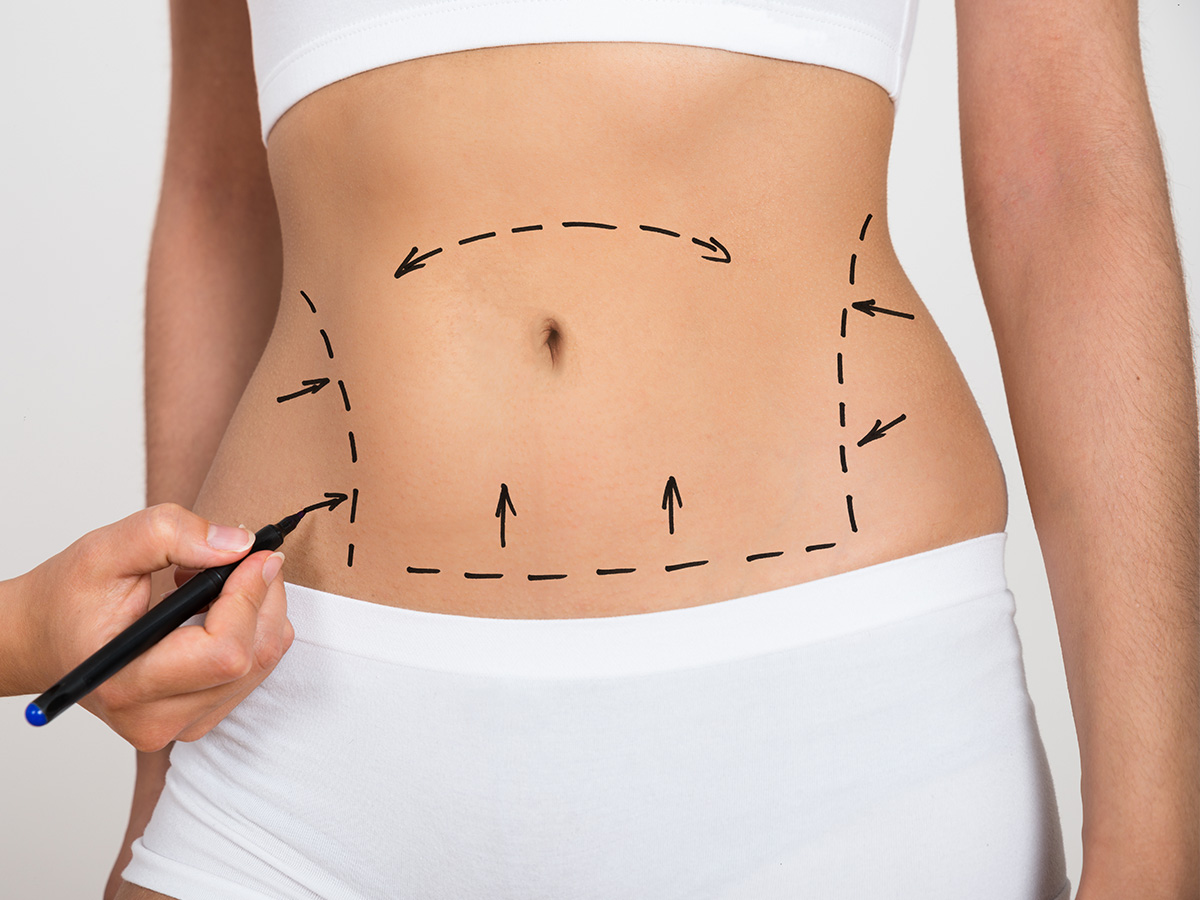When considering body contouring, many people confuse liposuction with weight loss. While both can impact your appearance and health, they serve very different purposes. Understanding this difference is essential if you’re thinking about reshaping your body. Today, more individuals are turning to Liposuction in Islamabad as a way to target stubborn fat deposits, but it’s important to know that liposuction is not a shortcut to weight loss.
In this blog, we’ll explore how liposuction and weight loss differ, what each is designed for, who the ideal candidates are, and what kind of results you can realistically expect.
What Is Liposuction?
Liposuction is a cosmetic surgical procedure that removes excess fat from specific areas of the body. Common treatment areas include the abdomen, thighs, buttocks, arms, back, neck, and chin. Surgeons use small incisions to insert a thin cannula that suctions out fat cells, reshaping the contours of the treated area.
The key point to understand is that liposuction targets localized fat deposits—not overall body fat. This means it’s designed for people who are already near their ideal body weight but struggle with specific fat pockets that don’t respond to diet or exercise.
Modern liposuction techniques, such as laser-assisted or tumescent liposuction, allow for more precise fat removal and faster recovery, making the procedure safer and more efficient.
What Is Weight Loss?
Weight loss refers to the reduction of overall body weight, typically through a combination of dietary changes, exercise, and sometimes medical or surgical intervention (such as bariatric surgery). Weight loss affects your entire body, including fat, muscle, and water. It’s typically recommended for individuals who are overweight or obese and need to lower their body mass index (BMI) to improve health and reduce risks associated with conditions like diabetes, hypertension, and cardiovascular disease.
Importantly, weight loss is about improving your health and overall well-being, whereas liposuction is about improving body shape and contour. They address different needs and deliver different outcomes.
Key Differences Between Liposuction and Weight Loss
To clarify the distinction, let’s break down the main differences between these two approaches:
- Purpose: Liposuction is a cosmetic procedure for body contouring, not weight reduction. Weight loss is aimed at reducing overall body fat and improving health.
- Candidate: Ideal liposuction candidates are those at or near their goal weight but want to refine specific body areas. Weight loss is recommended for those with a BMI over 25 or 30 who need to reduce fat for health reasons.
- Process: Liposuction is a surgical procedure performed under anesthesia, typically requiring recovery time. Weight loss is achieved over time through lifestyle changes or, in some cases, medical treatments.
- Fat removal: Liposuction removes a set amount of fat from specific sites, but without lifestyle changes, fat can return. Weight loss reduces overall fat levels throughout the body.
- Results: Liposuction provides immediate visible changes in targeted areas, while weight loss is a gradual process that affects your entire physique.
Who Should Consider Liposuction?
You should consider liposuction if:
- You’re close to your ideal weight but have stubborn fat deposits that resist diet and exercise.
- You have good skin elasticity and muscle tone, as liposuction does not tighten loose skin.
- You’re looking for refined body contouring, not a weight-loss solution.
- You have realistic expectations about what the procedure can achieve.
It’s important to understand that liposuction is not appropriate for treating obesity or as a replacement for a healthy lifestyle. It’s a finishing touch, not a foundation for body transformation.
Who Should Focus on Weight Loss?
Weight loss is appropriate if:
- You’re overweight or obese and want to improve your overall health.
- You need to reduce fat from all areas of your body.
- You’re managing health conditions like diabetes, hypertension, or joint pain that are aggravated by excess weight.
- You want long-term, sustainable changes through lifestyle improvements.
If you achieve significant weight loss but are left with loose or sagging skin, you may then consider surgical procedures like body lifts or liposuction for final body shaping.
Can You Combine Both?
Absolutely—but timing matters. Some patients achieve major weight loss and then turn to liposuction to refine their contours. Others undergo liposuction to target specific areas but must maintain their results through healthy eating and exercise.
Keep in mind that liposuction does not prevent future weight gain. Without proper lifestyle habits, fat can return, potentially in untreated areas. That’s why combining the right approach for your needs is critical.
What Results Should You Expect?
Liposuction results are usually visible within a few weeks, with final outcomes seen after swelling subsides. It can enhance your shape but won’t dramatically change your weight.
Weight loss results vary depending on your methods, but a gradual, steady loss of 0.5–1 kg per week is generally considered healthy and sustainable. You’ll notice changes in your clothing size, energy levels, and overall health.
Conclusion
Understanding the differences between liposuction and weight loss is essential when setting your body transformation goals. Liposuction offers precise contouring for stubborn fat, while weight loss is a broad health-improvement strategy. Each serves a unique purpose, and sometimes, combining both leads to the best results.
If you’re considering body contouring treatments, the expert team at SKN Cosmetics clinic in Islamabad offers personalized consultations to help you choose the right procedure for your goals. Whether you’re exploring liposuction or want guidance on how to maintain your results after weight loss, SKN Cosmetics clinic provides advanced solutions designed to help you look and feel your best.





Comments